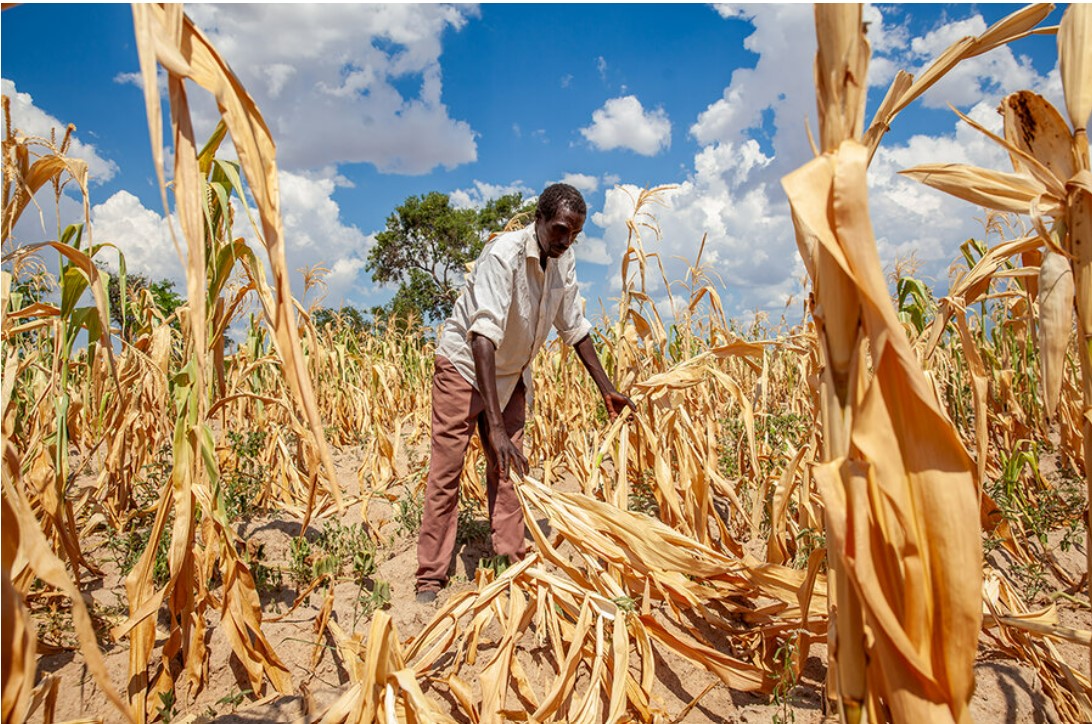Travails Of A Novice Farmer Part 2

Last week, I shared a few insights about the PhD thesis I was paying for at the University of side hustle life. Based on the multiple emails I received from readers, it would appear that there are many long suffering city dwelling farmers like me who have burnt both their savings and egos at the rural side hustle stake. The best email was from a reader who succinctly summarized thus: Farming is really hard work and the fastest way to become a millionaire from a billionaire is to become a farmer.
For those thinking of indulging in this ultimate insanity, here are a few more learnings to help you make an informed decision.
Lesson one: locals are not necessarily always rooting for your success. Even if you’re an expatriate who has purchased a farm in the area. Your permanent staff should come from any other part of the country than the one your farm is at. A minimum travel time of 3 hours to the employee’s home provides the distance necessary to ensure that he has no local ties that might influence how things operate on your farm. A local permanent worker will see your farm as an extension of his home and your assets as an extension of his assets. You see, you will be robbed. Constantly. So use expatriates as your permanent workers and use local labor for casual work such as harvesting or weeding.
Lesson two: If you are rearing animals, you need the services of a local vet. Just like children, animals fall sick at the oddest of times and from the most unlikely of causes. Recently an angry swarm of bees landed on my farm and attacked my sheep and goats. Our vet, a lovely lady who mobilizes very quickly on her motorcycle, had to rush over to the farm to inject the animals with an antihistamine as they reacted very badly to the bee stings. A few weeks later a sheep started bloating rapidly and died within two days. Daktari came over and performed a post mortem that revealed that the sheep had swallowed a bee that wreaked internal havoc on the poor animal. And yes, I had to pay for the post mortem too! Consequently, training staff on how to carry out basic animal health practices like bimonthly deworming, spraying against ticks, injecting against coughs that may develop into bigger pulmonary issues amongst other interventions is critical if you want your animals to remain healthy without breaking the bank on vet fees.
Lesson three: Cheap is expensive. Just because animals don’t use forks and knives as they eat does not mean they shouldn’t get quality feeds. I had invested, like every budding farmer, in some fowl that was good at foraging for its own food. In trying to grow the flock, I started buying feeds from a shop in Nanyuki town. For the first 2 years I had that flock, not a single egg was laid by the females. When I shared this story with another farmer, they took a minute to pick themselves off the floor from where they were rolling in laughter. Animal feeds are one of this country’s biggest scam. It turns out that many feed manufacturers mill maize cobs that have zero nutritive value and then mix that with some maize meal and pack it into sacks. When I started buying proper animal feeds from a shop in Nanyuki town that is the authorized distributor of feeds manufactured by mainstream millers, my fowl started dropping eggs like 50 bob notes at a pre-election political rally. The bigger concern for anyone buying animal feeds, including dog owners, is the level of aflatoxin in the feeds which is fatal for animals. Don’t keep animals if you’re not prepared to either buy feeds from a legitimate manufacturer or formulate the feeds yourself.
Lesson four: You’re on your own in this venture. Today you can get insurance for your mobile phone and even for your clothes, cups and sufurias in case they get burnt in a domestic fire. But you will struggle to find any insurance for your livestock despite feeding, housing and medicating those assets. Good livestock is about good genetics, thus you have to buy good stock typically from a breeding farm several rivers away from your farm. These live assets are transported to your farm on the wheels of faith and live on your farm covered by the feverish words of daily supplication to a higher deity. As I concluded last week, if you’re thinking of farming, ask. Ask again. And when you’re done asking, ask once more to save yourself some school fees.

 carolmusyoka consultancy
carolmusyoka consultancy
 @carolmusyoka
@carolmusyoka